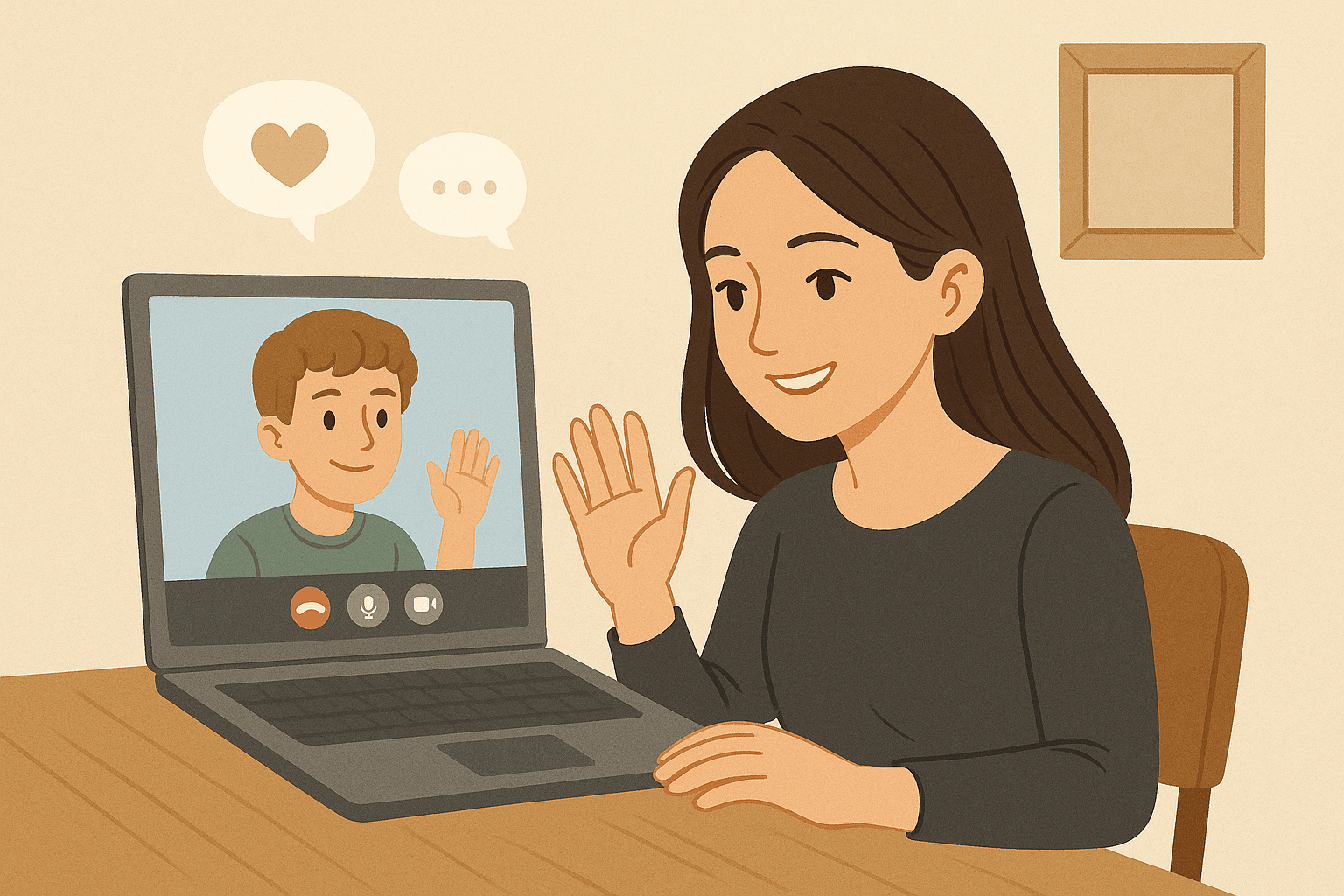Social media plays a significant role in shaping our perceptions of ourselves and the world around us. Platforms like Instagram, TikTok, and Facebook are filled with images and videos that often present idealized versions of beauty and lifestyle. While social media can be a source of inspiration and connection, it can also impact our body image negatively. Here are some strategies to help you maintain a positive body image while using social media.
1. Curate Your Feed Mindfully
The first step in fostering a healthy body image is to curate your social media feed consciously. Follow accounts that promote body positivity, inclusivity, and realistic representations of beauty. Look for influencers, activists, and communities that celebrate diversity in body shapes, sizes, and appearances. Unfollow or mute accounts that make you feel inadequate or promote unrealistic standards. Remember, you have the power to shape your online environment.
2. Limit Exposure to Comparisons
Social media can create an environment ripe for comparison. To combat this, recognize that most content is curated and often edited to showcase the best aspects of someone’s life. Remind yourself that everyone has insecurities and struggles that may not be visible online. Practice self-compassion and focus on your unique qualities instead of comparing yourself to others.
3. Engage in Positive Self-Talk
The language we use about ourselves can significantly impact our body image. Challenge negative thoughts by replacing them with positive affirmations. Instead of criticizing your appearance, celebrate your strengths and what your body can do. Engaging in positive self-talk can help shift your mindset and foster self-acceptance.
4. Practice Digital Detox
Taking regular breaks from social media can be beneficial for your mental health. A digital detox allows you to step back, reflect, and reconnect with yourself without the noise of online influences. Use this time to engage in activities that promote self-care, such as exercising, reading, or spending time with loved ones.
5. Focus on Health, Not Appearance
Shift your focus from appearance to overall health and well-being. Emphasize activities that make you feel good physically and mentally, such as nourishing your body with healthy foods, getting regular exercise, and prioritizing rest. When you view health as a holistic concept, it becomes easier to appreciate your body for what it can achieve rather than how it looks.
6. Seek Support When Needed
If you find that social media significantly impacts your body image or mental health, don't hesitate to seek support. Talk to friends, family, or a mental health professional about your feelings. Sometimes, sharing your experiences can provide perspective and validation.
Understanding the tricks and tactics used in social media can empower you to critically analyse the content you consume. Familiarize yourself with concepts like photo editing, filters, and the impact of algorithms on what you see online. The more you understand how content is created, the easier it becomes to separate reality from the curated image.
Navigating social media while maintaining a positive body image is an ongoing journey. By curating your feed, practicing self-compassion, and focusing on health, you can create a more supportive environment for yourself. Remember, you are not alone in this struggle, and it’s okay to seek help and take breaks when needed. Embrace your unique beauty and let social media serve as a tool for inspiration rather than a source of comparison.
Ready to explore how assistive technology can help?
Our team of experts is here to provide personalised advice and solutions.
Contact us today for a friendly, no-obligation discussion about your needs.
Get in Touch


